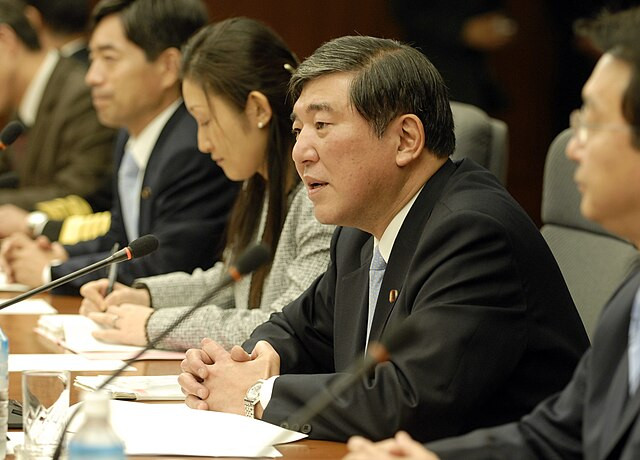Japan's incoming prime minister, Shigeru Ishiba, is set to call a snap general election for October 27, just days after securing victory in one of the tightest leadership races in the history of the ruling Liberal Democratic Party (LDP). Ishiba, a 67-year-old moderate and former defense minister, won the LDP leadership on his fifth attempt, defeating his ultra-conservative rival Sanae Takaichi by a narrow margin of 215 votes to 194.
The early election, coming more than a year before it is officially due, is seen as Ishiba's bid to capitalize on his recent victory and solidify his party's position before the U.S. presidential election in November, which could shift the global political landscape. "It is important for the new administration to be judged by the people as soon as possible," Ishiba said during a press conference at the LDP headquarters in Tokyo on Monday.
His victory in the leadership race, while significant, exposed divisions within the LDP, a party roiled by recent scandals and dwindling public support. Ishiba, seen by many as a political outsider, is viewed with some skepticism by his parliamentary colleagues for his history of defying party policies. In his acceptance speech on Friday, Ishiba acknowledged these tensions, apologizing for his "shortcomings" and vowing to restore public confidence in the party.
Despite his internal challenges, Ishiba is moving quickly to assemble a cabinet and prepare for the upcoming election. Key appointments include Katsunobu Kato as finance minister and Yoshimasa Hayashi, who will remain in the critical role of chief cabinet secretary. Ishiba also picked Takeshi Iwaya, a close ally and former defense minister, to take over as foreign minister, while Gen Nakatani will return to lead the defense ministry, a role he last held in 2016.
However, the absence of Sanae Takaichi from Ishiba's cabinet signals potential future difficulties. Takaichi, a hardline conservative who was vying to become Japan's first female prime minister, reportedly declined a senior party position, a move that could further fracture an already divided LDP. Hiroshi Shiratori, a political science professor at Hosei University in Tokyo, noted that Takaichi's refusal to accept a post "could point to a weakness in Ishiba's support base, which may cause him problems moving forward."
One of Ishiba's most notable cabinet appointments is Shinjiro Koizumi, the son of former Prime Minister Junichiro Koizumi, who will lead the LDP's election campaign. Koizumi, despite finishing third in the leadership race, remains popular among voters, and his inclusion in Ishiba's team is seen as an attempt to rally broader public support for the LDP.
Ishiba's decision to call a snap election is not without risk. Recent polls indicate that the LDP's approval ratings have been steadily declining, driven in part by a series of corruption scandals and public dissatisfaction with the government's handling of economic and social issues. Japan is also grappling with inflation and a cost-of-living crisis, which Ishiba has pledged to address through targeted measures for low-income households.
On the foreign policy front, Ishiba has announced plans to pursue the creation of an "Asian NATO," aimed at countering growing security threats from China and North Korea. This initiative would align Japan more closely with the United States and other regional powers in addressing shared security concerns. However, the incoming prime minister will need to balance these ambitions with domestic priorities, particularly as Japan continues to navigate economic uncertainty.
Japanese markets reacted swiftly to Ishiba's leadership win, with shares falling more than 4% in early trading on Monday. The yen strengthened, and government bonds surged as investors responded to Ishiba's perceived hawkish stance on monetary policy. The new prime minister is expected to face challenges in stabilizing Japan's economy while also addressing the public's concerns about inflation and economic inequality.
Ishiba's foreign and domestic policy agenda is likely to be shaped by the need to unify a fractious LDP ahead of the October 27 election. President Yoshihiko Noda of the Constitutional Democratic Party, Japan's main opposition party, will also be a key figure to watch as he prepares to challenge the LDP's dominance in parliament.
While Ishiba's leadership has energized some parts of the LDP, his ability to maintain unity and deliver on his promises will be closely scrutinized in the coming weeks. If successful in securing a public mandate through the snap election, Ishiba could solidify his position as prime minister and chart a new course for Japan's political future.
However, the challenges ahead are considerable, with Ishiba's leadership hinging on his ability to navigate internal party dynamics, address economic concerns, and build support for his foreign policy vision. As Japan moves toward its October election, Ishiba's government will face the difficult task of restoring public trust and steering the country through a complex and rapidly changing global environment.






